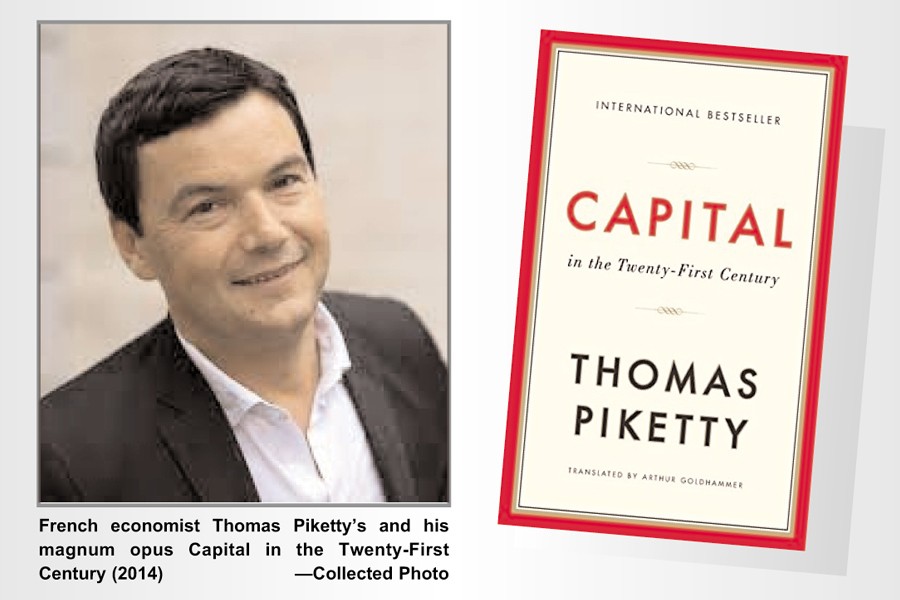Piketty’s Pioneering Work on Economic Inequality
Thomas Piketty’s influential book “Capital in the Twenty-First Century,” published in 2014, achieved remarkable success with over three million copies sold by 2022, reminiscent of John Maynard Keynes’ impact on economic literature. Piketty’s subsequent work, “A Brief History of Equality,” continues to stir interest in economic disparities, a theme deeply explored in his earlier publication. This discourse has not only captivated traditional economic circles but also sparked broader societal debates, underlining the pervasive concern over rising inequality.
The Theoretical and Empirical Foundations of Piketty’s Analysis
Piketty’s research, distinguished by its extensive empirical foundation, diverges from conventional economic theories that favor abstract models over real-world data. His approach integrates the dynamics of economic growth with the distributional tensions between capital and labor, presenting a comprehensive view of historical wealth accumulation patterns. Critics like Paul Krugman recognize the value of Piketty’s work for its historical depth despite its theoretical modesty, suggesting a profound reevaluation of how economic narratives are understood.
Implications of Piketty’s Theories in Today’s Economic Context
Robert Solow and other scholars have posited that Piketty’s central thesis—that returns on capital could outpace income from labor—offers a crucial perspective on enduring economic issues. This idea posits a future where wealth, especially inherited wealth, could increasingly dictate economic and political structures, potentially ushering in a new era akin to the Gilded Age. Such scenarios underscore the importance of understanding the intersections of economic growth, policy decisions, and wealth distribution to address the challenges of modern economies.
Piketty’s work serves as a critical reminder of the significant shifts in wealth concentration and its implications for societal structure and policy-making. As discussions evolve, the depth and breadth of his analysis continue to influence debates on economic policy and social justice, reinforcing the need for a nuanced understanding of the forces shaping our world.

